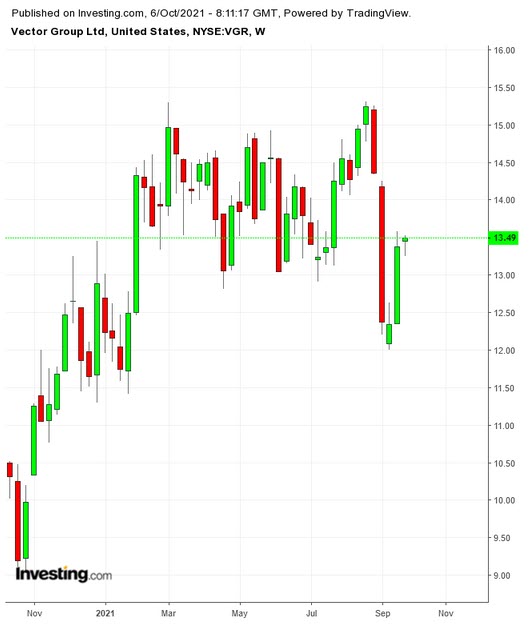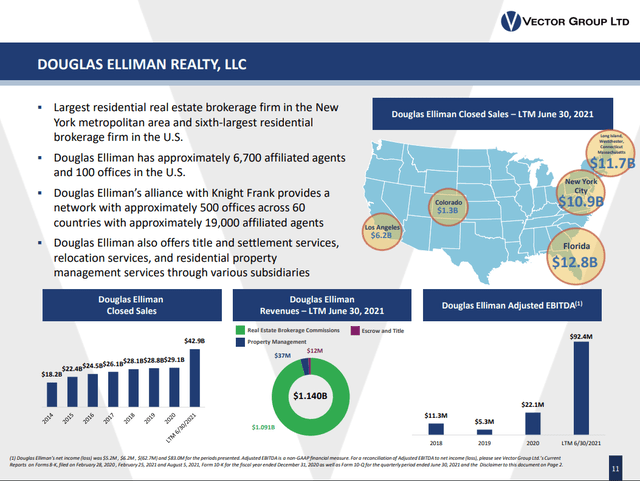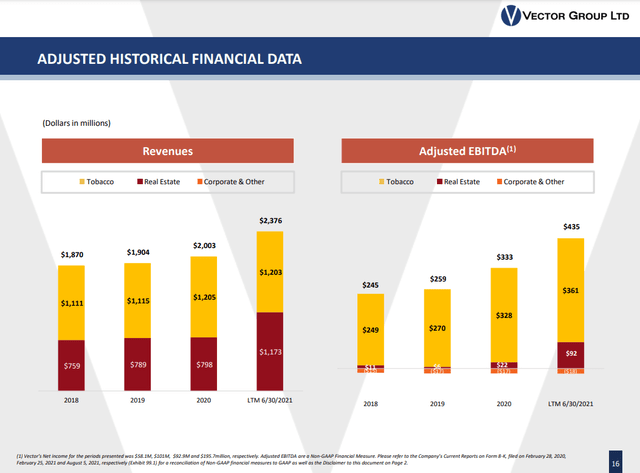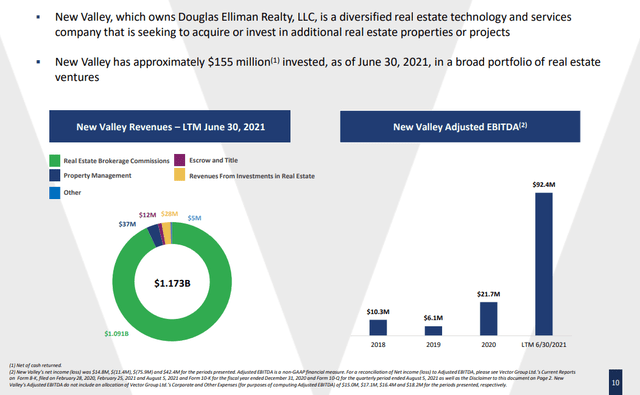The company I refer to in the title is in a sector I haven't owned a single share in for many months. It's a Consumer Staples selection in the (gasp, shudder) tobacco industry.
So let's get this out of the way immediately: I do not smoke, vape, chew, inhale or rub tobacco on my manly chest. But other people do.
And thus far, though many nanny states around the world may say they want to stop their citizens smoking, the income these countries collectively receive from the taxes they levy on tobacco companies is the only thing keeping a number of them from an even more out-of-whack budget/revenue problem.
Governments, including that of the US, make it virtually impossible for a new tobacco company to form. But in doing so, they have effectively granted monopoly power to the existing tobacco companies. The Big Three, Philip Morris International (NYSE:PM), Altria (NYSE:MO) and British American Tobacco (NYSE:BTI) all dwarf my current selection.
Long-time readers will recall that I have owned all three and sold each of them at a profit. What I like about my current choice, the 4th largest tobacco company in the US, is that it is not merely a tobacco company, it is also a very large real estate brokerage.
In addition, there's my belief that, even if cigarettes were regulated so heavily as to become unprofitable, the groundswell of marijuana legislation would allow the tobacco companies to be in a position to own the entire cannabis arena.
Positioned To Own The Cannabis Sector
Even greater than the hypocrisy of protestors railing against tobacco while they toke up behind their "No Tobacco!" signs, US states and likely the Feds will all decriminalize marijuana for the same reason they created the tobacco monopoly: taxes. You can fill your lungs with burning weed as long as the state gets their fair or unfair share.
Already the black market has collapsed, with erstwhile growers watching prices fall 60-90% and hitting the unemployment rolls. (Hey! Maybe that is why there are so many new unemployment claims—the illegal dope market was waaay bigger than we thought!)
Who better to grow, process, and distribute marijuana products once they are legal than the tobacco companies? They already have the retail relationships, the most coveted shelf space, and the deep pockets it will take to put it all in place. Finally, they are also used to being ripped off by sacrosanct politicians who are more than happy to underwrite their latest boondoggle with the tax money they extract from the workers at tobacco firms.
The company I am buying is the Vector Group (NYSE:VGR). Shares closed at $13.49 on Tuesday, bringing the company's robust yield to 5.97% annually.

Founded as a tobacco company in 1873, it is especially interesting to me because of its diversification between tobacco and real estate. The Liggett Group is Vector's best-known name, though they sell many different brands.
As for the real estate brokerage side of the business, Douglas Elliman (the name of the firm) is well known in major metropolitan areas.
Vector is no hand-to-mouth company. It enjoys excellent liquidity. Cash, marketable securities and long-term investments of $703 million (with cash of $108 million at Liggett and $155 million at Douglas Elliman) were reported for the company's most recent quarter ending June.
The average tenure of the Vector Group's senior management team (CEO, COO, CFO and General Counsel) is 27 years. This team, along with the company's board of directors collectively own some 7% of the equity of the company. Their interests are aligned with shareholders.
One final thing that makes me lean toward a good position in Vector is that they were not forced to become a signatory to the 1998 Tobacco Master Settlement Agreement. As long as the Liggett subsidiary does not exceed 1.65% of the total cigarettes sold in the United States, they do not have any Federal bad-boy payments. They do have separate agreements with 4 states but, even so, this arrangement likely gives them a pricing advantages of 60 to 80 cents a pack at current prices.
While it is in VRG's interest to keep that 1.65% cap for tobacco, they can go into any other business they like for future growth. The company's New Valley subsidiary (100% owner of Douglas Elliman) which contributed revenues of $1.14 billion in the 12 months ended June 30, 2021, is a fine example.
Source: VRG August 2021 Investor Presentation
Here is additional granularity into the real estate side of the business, all from the same source credited directly above:

While the bulk of Elliman's earnings today come from brokerage commissions, the company is branching into land development, apartments, and other real estate investments of its own:


Finally, some numbers:

VRG is not thinly traded (700,000 shares today,) but neither is it Altria or PM. Because of that, and because we may still not be out of the woods from a market pullback or recovery standpoint, I will be buying in tranches and with limits.
Disclosure: Unless you are a client of my portfolio management firm, Stanford Wealth Management, I do not know your personal financial situation. Therefore, I offer my opinions above for your due diligence and not as advice to buy or sell specific securities.
© JL Shaefer 2021

